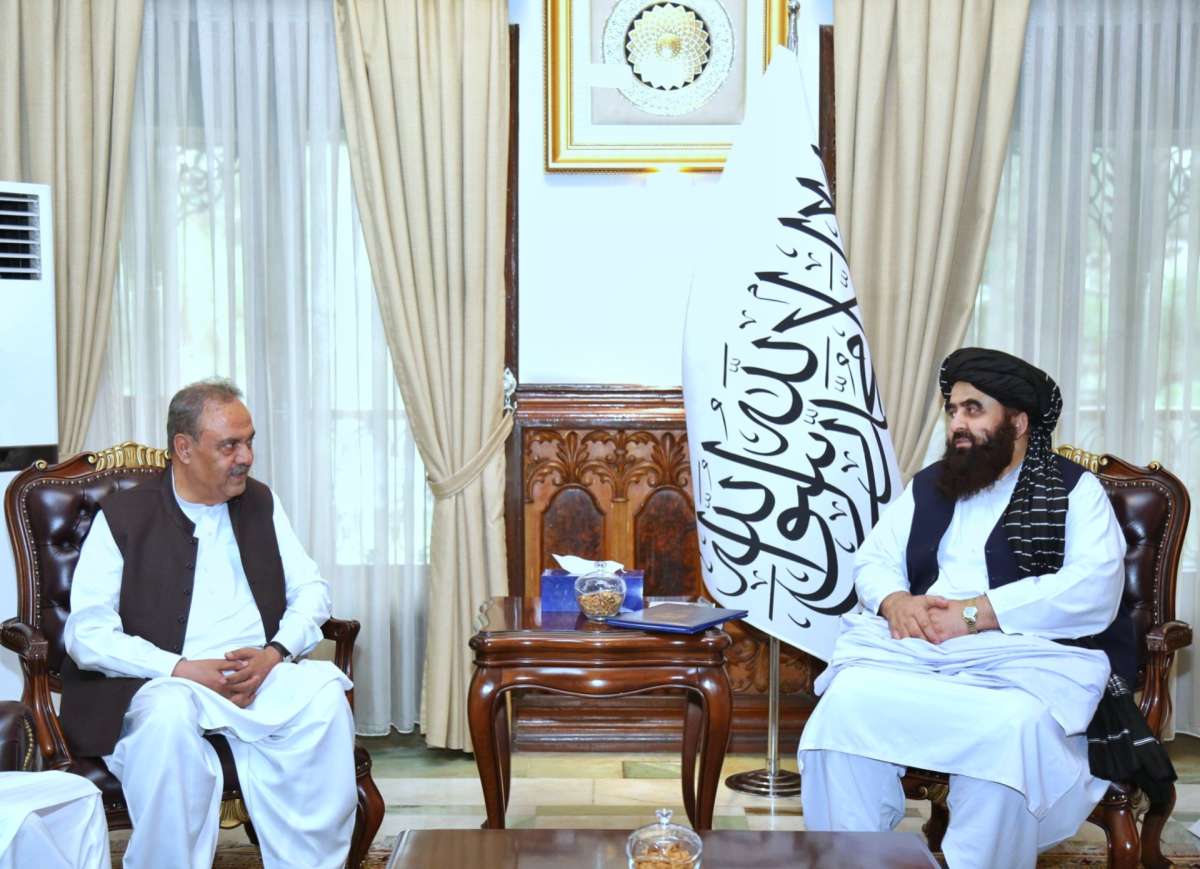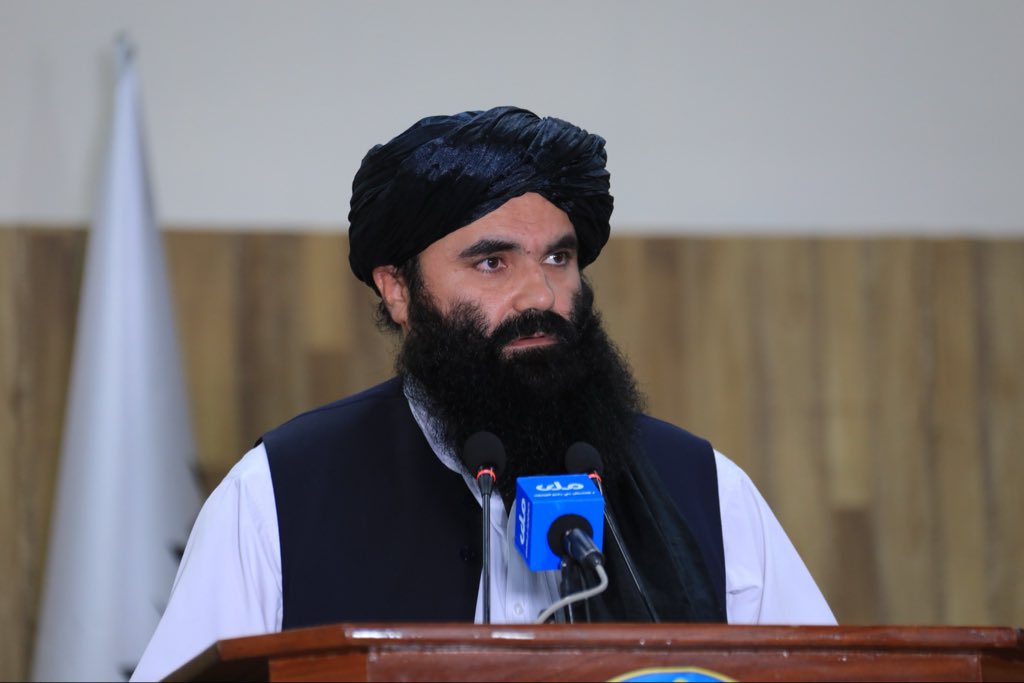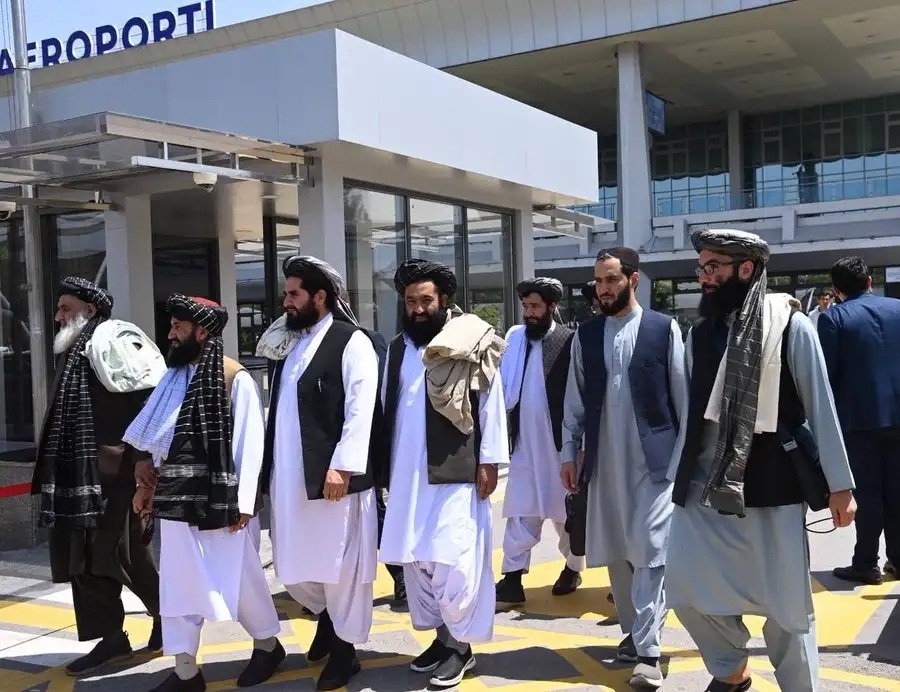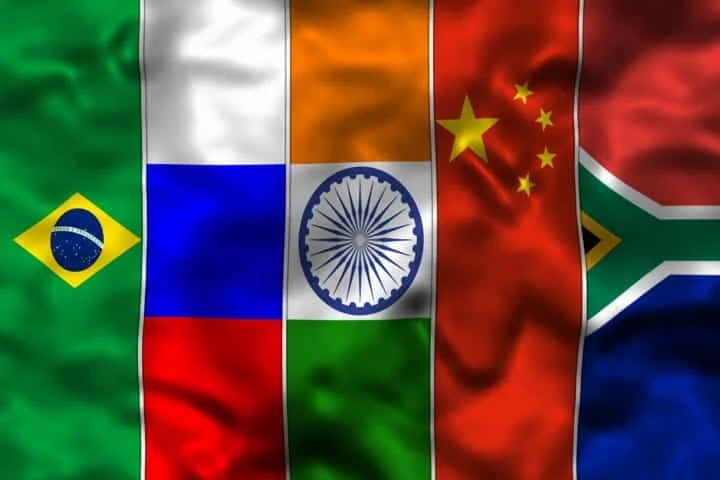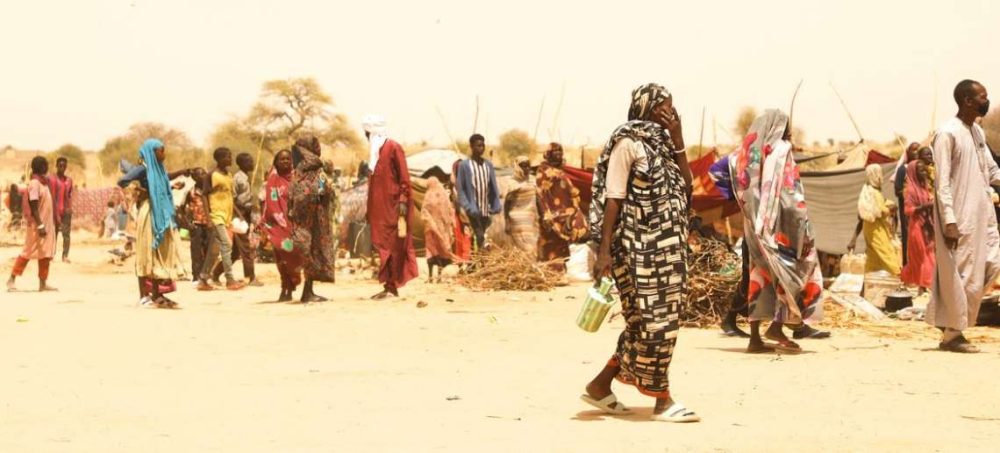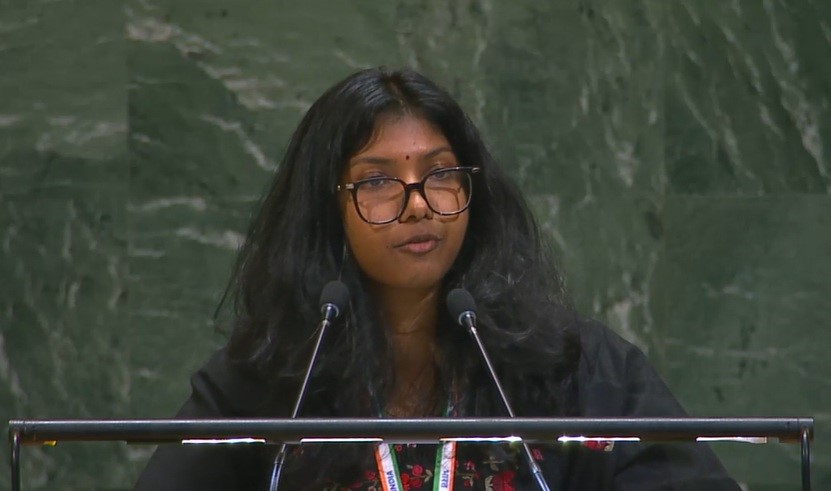The Afghan Taliban told Pak special envoy that Pakistan should choose the route of peace rather than using force….reports Asian Lite News
The Taliban government of Afghanistan has refused to take action against militant outfit Tehreek-e-Taliban Pakistan (TTP) or allow Islamabad to do so, the Express Tribune reported on Saturday. The Taliban regime asked a special envoy of Islamabad to pursue the path of peace and hold dialogue with the TTP, instead of using force.
Pakistan dispatched its special envoy to Kabul this week on a three-day trip to convey a clear message that the interim government will have to take decisive action against the TTP.
Ambassador Asif Durrani met with Afghanistan’s Acting Deputy Prime Minister Mawlawi Abdul Kabir, Acting Minister for Foreign Affairs Mawlawi Amir Khan Muttaqi and other officials during his trip.
“The issue of terrorism, as I’ve said in the past, including in the last briefing, is an issue of serious concern to Pakistan. And Pakistan has raised this issue with the Afghan authorities on multiple occasions and at every important engagement that takes place between Pakistan and the Afghan interim authorities,” Foreign Office spokesperson Mumtaz Zahra Baloch told her weekly news briefing.
“We have discussed the threat of terrorism emanating from the Afghan soil,” she added when asked whether Ambassador Durrani took up the issue of cross-border terrorism with the Afghan authorities.
But despite Pakistan’s insistence on action against the TTP, the Afghan Taliban government is not ready to go that path.
Pakistan has abandoned the peace process after the TTP stepped up attacks and took advantage of the earlier rounds of talks.
The civil and military leadership decided that Pakistan would no longer seek talks with the TTP. But at any stage if talks are needed those can only take place once the TTP surrenders.
The Afghan deputy prime minister asked Durrani that Pakistan should prefer peace over war. He said due to bitter experience of wars in Afghanistan, he would advise Pakistan to take the path of negotiations instead.
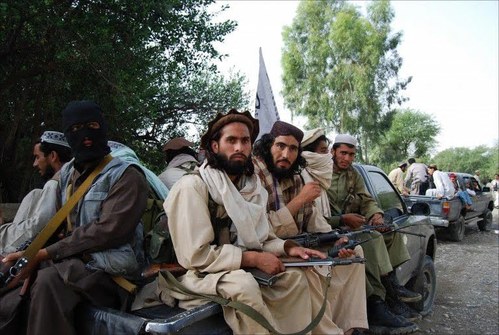
Maulvi Kabir said he sees peace in Pakistan in the interest of Afghanistan and considers acts of violence there as a loss for Afghanistan and as a Muslim country Afghanistan does not want fighting and unrest in Pakistan.
He assured the Pakistani envoy that the Afghan Taliban government had a policy of non-interference in the internal matters of other countries. He claimed that Afghanistan would not allow its soil to be used against any other country including Pakistan.
The sources said Ambassador Durrani would brief the government on his return from Kabul and give his assessment. The sources said Pakistan is unlikely to accept the Afghan Taliban offer.
The sources said Pakistan would devise its strategy keeping in view the input from the special envoy.
‘Doha Pact not being honoured’: Pak allegations against Taliban
Pakistan Defence Minister Khawaja Asif last week strongly rebuked Afghanistan for “neglecting its duties as a neighbouring and fraternal country”, and for disregarding vital obligations made in the Doha Peace Agreement, specifically its commitment to prevent the use of Afghan soil for terrorist activities.
According to Asif, Pakistan has provided refuge to five to six million Afghan refugees for 40 to 50 years with all their rights intact. However, he added: “Conversely, the terrorists who shed the blood of Pakistanis find refuge on Afghan soil.”
End of ceasefire and resurgent TTP
Pakistan has witnessed an increase in terrorist activities, particularly in Khyber Pakhtunkhwa and Balochistan, following the termination of the ceasefire between the government and the banned TTP in November of the previous year.
The Taliban victory in Afghanistan has emboldened and strengthened the TTP. With the Taliban in control of Afghanistan and sympathetic to the TTP, and the group no longer having to fear operations against it there, the TTP now enjoys a level of ‘strategic depth’ that is arguably unparalleled in its history.
In the aftermath of the Taliban taking control of Afghanistan, four key developments have defined the TTP’s ensuing resurgence: a series of mergers, the adoption of a centralised organisational structure emulating the Afghan Taliban insurgency, growing operational activity, and a sharp strengthening in media operations.


